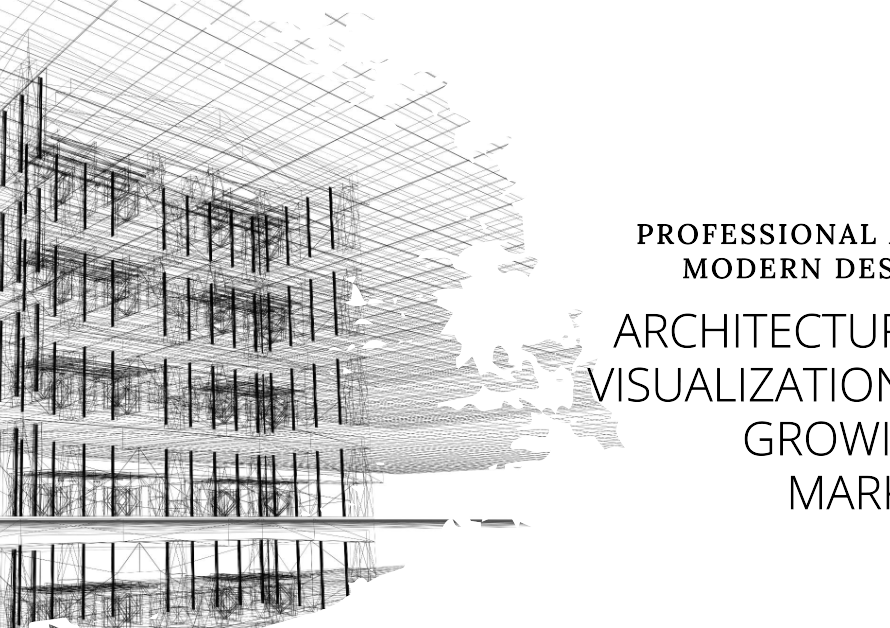
Table of Contents
- Introduction: The Importance of a Well-Functioning HVAC System
- The Lifespan of an HVAC System: How Long Should It Last?
- Rising Energy Bills: A Sign Your HVAC System Is Struggling
- Frequent Repairs: When Maintenance Becomes a Money Pit
- Inconsistent Temperatures: Struggling to Maintain Comfort
- Unusual Noises: When Your HVAC System Sounds the Alarm
- Poor Indoor Air Quality: A Hidden Consequence of an Aging System
- Outdated Technology: Missing Out on Modern Benefits
- Environmental Considerations: Reducing Your Carbon Footprint
- Conclusion: Making the Decision to Replace Your HVAC System
Introduction: The Importance of a Well-Functioning HVAC System
A well-functioning HVAC (Heating, Ventilation, and Air Conditioning) system is essential for maintaining a comfortable and healthy indoor environment. These systems regulate temperature, control humidity, and ensure good air quality, which are critical for both residential and commercial properties. However, like all mechanical systems, HVAC units have a finite lifespan and will eventually require replacement. Understanding when to replace your HVAC system can save you money, improve comfort, and prevent unexpected breakdowns.
The Lifespan of an HVAC System: How Long Should It Last?
Typically, HVAC systems last between 15 to 20 years. However, this lifespan can vary based on several factors, including the type of system, the quality of installation, and how well the system has been maintained. Regular maintenance, such as cleaning filters, checking refrigerant levels, and servicing components, can extend the life of your HVAC unit. Conversely, neglecting maintenance can shorten the system’s lifespan significantly.
As your HVAC system ages, it will begin to show signs of wear and tear. While minor issues can often be repaired, there comes a point when replacement is more cost-effective and practical. Recognizing the signs that indicate your HVAC system is nearing the end of its useful life is crucial in making an informed decision about replacement.
Rising Energy Bills: A Sign Your HVAC System Is Struggling
One of the first indicators that your HVAC system may need to be replaced is a noticeable increase in your energy bills. As HVAC systems age, they become less efficient, requiring more energy to maintain the same level of comfort. This inefficiency can be caused by worn-out components, leaks in the ductwork, or outdated technology that does not meet current energy efficiency standards.
When you notice a consistent rise in your energy costs, despite regular maintenance and unchanged usage patterns, it might be time to consider replacing your HVAC system. Upgrading to a newer, more energy-efficient model can significantly reduce your energy consumption and lower your utility bills, making the investment worthwhile in the long run.
Frequent Repairs: When Maintenance Becomes a Money Pit
Another clear sign that your HVAC system may be on its last legs is the frequency and cost of repairs. While occasional repairs are normal, an aging system that requires constant attention can become a financial burden. If you find yourself frequently calling a technician to fix various issues, it’s a strong indication that your system is no longer reliable.
In some cases, the cost of repeated repairs can quickly add up to the price of a new HVAC system. It’s essential to weigh the costs of ongoing repairs against the benefits of investing in a new, more reliable unit. When repair costs start to approach 50% of the cost of a new system, it’s usually more economical to replace the unit.
Inconsistent Temperatures: Struggling to Maintain Comfort
A well-functioning HVAC system should be able to maintain consistent temperatures throughout your home or business. If you start noticing uneven heating or cooling, it could be a sign that your system is failing. Inconsistent temperatures can result from various issues, including faulty components, ductwork problems, or an undersized or oversized system.
Addressing these issues with repairs might provide temporary relief, but if the problem persists, it could be a sign that your HVAC system is no longer capable of effectively regulating temperature. Replacing your system with a properly sized and efficient unit can restore comfort and improve overall air quality in your space.
Unusual Noises: When Your HVAC System Sounds the Alarm
Modern HVAC systems are designed to operate quietly. Therefore, unusual noises such as grinding, squealing, or banging can indicate serious problems. These sounds often result from worn-out or failing components that could lead to a complete system breakdown if not addressed promptly.
While some noises can be fixed with simple repairs, persistent or loud noises typically suggest that your system is nearing the end of its life. Consulting with an HVAC professional to diagnose the cause of the noise and determine whether replacement is necessary is crucial in these situations.


Poor Indoor Air Quality: A Hidden Consequence of an Aging System
Your HVAC system plays a vital role in maintaining indoor air quality by filtering out dust, allergens, and pollutants. An aging system may struggle to perform this function effectively, leading to poor indoor air quality. Symptoms of poor air quality include increased dust levels, unpleasant odors, and exacerbation of allergies or respiratory issues among occupants.
If you notice a decline in air quality that can’t be resolved through cleaning or minor repairs, it might be time to consider replacing your HVAC system. Modern units come equipped with advanced filtration and air purification technologies that can significantly improve indoor air quality and create a healthier living or working environment.
Outdated Technology: Missing Out on Modern Benefits
HVAC technology has advanced significantly over the past few decades, offering improved energy efficiency, better performance, and enhanced features. If your system is more than 15 years old, it’s likely missing out on these benefits. Newer models are designed to meet higher efficiency standards, use environmentally friendly refrigerants, and offer features like programmable thermostats and zoning capabilities.
Upgrading to a modern HVAC system can provide substantial benefits, including lower energy costs, improved comfort, and greater control over your indoor environment. Additionally, new systems are often more reliable and come with comprehensive warranties, providing peace of mind and protection against unexpected breakdowns.
Environmental Considerations: Reducing Your Carbon Footprint
Replacing an old, inefficient HVAC system with a new, energy-efficient model can have a positive impact on the environment. Older systems often use refrigerants that are harmful to the ozone layer and consume more energy, contributing to higher greenhouse gas emissions. By upgrading to a system that uses eco-friendly refrigerants and meets modern efficiency standards, you can reduce your carbon footprint and contribute to a more sustainable future.
Many governments and utility companies also offer incentives and rebates for upgrading to energy-efficient HVAC systems, making it more affordable to make the switch. Taking advantage of these programs can further offset the cost of a new system and enhance the overall return on investment.
Conclusion: Making the Decision to Replace Your HVAC System
Deciding when to replace your HVAC system is a significant decision that can impact your comfort, finances, and overall quality of life. By understanding the signs that indicate your system is nearing the end of its lifespan, such as rising energy bills, frequent repairs, inconsistent temperatures, unusual noises, poor indoor air quality, and outdated technology, you can make an informed decision about when to invest in a new system.
Consulting with a trusted HVAC professional can provide valuable insights and help you choose the right system for your needs. With the right planning and investment, you can enjoy improved comfort, lower energy costs, and a healthier indoor environment for years to come.


